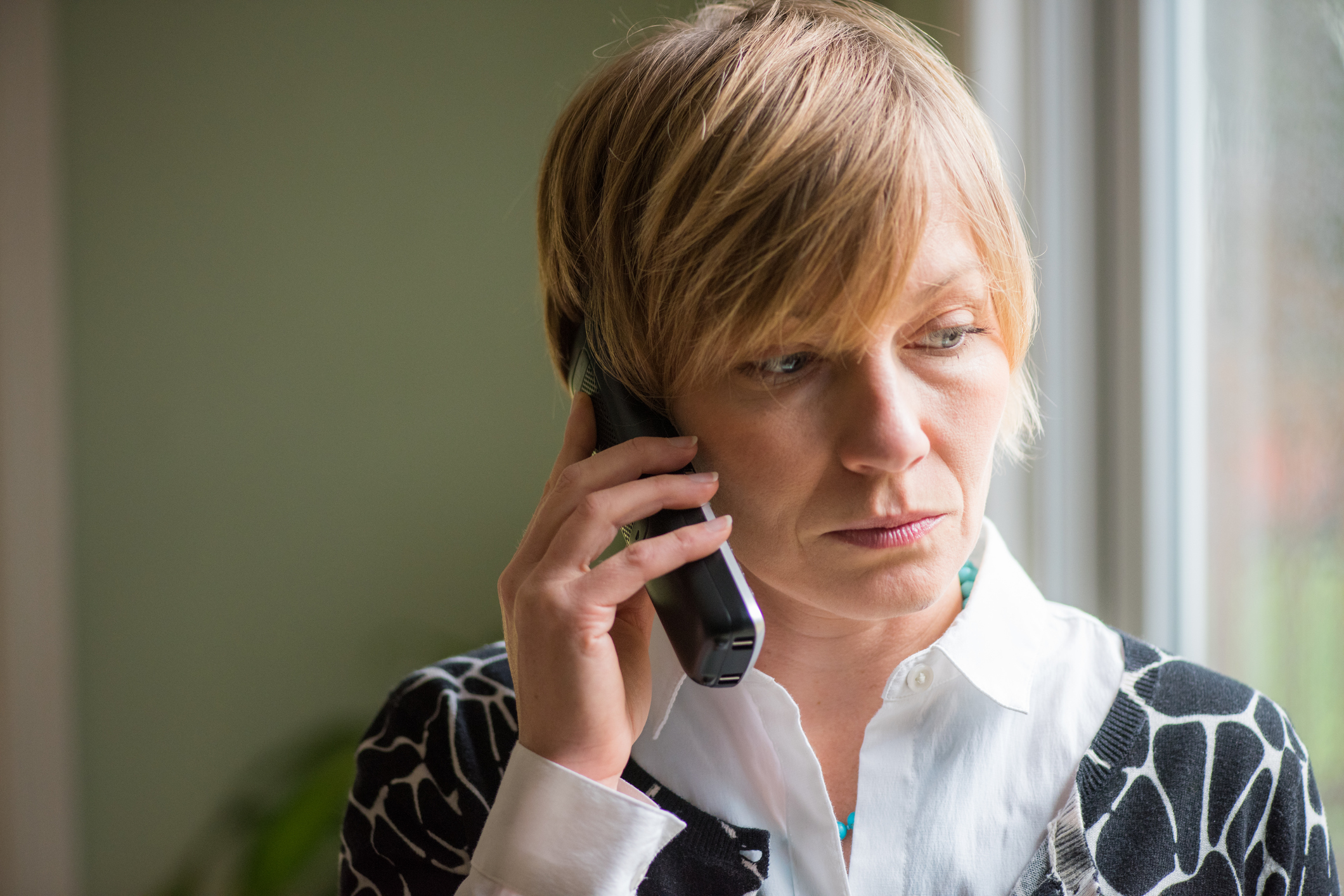Sentinel lymph node biopsy
A sentinel lymph node biopsy helps check if cancer has started to spread and guides the next steps in your care.
What is a sentinel node biopsy?
A sentinel lymph node biopsy can check for cancer that has spread.
Lymph nodes are small round organs, connected by a network of lymph vessels. They are part of the lymphatic system, which helps protect us from infection and disease.
Cancer cells can sometimes spread to the lymph nodes close to the tumour. The sentinel node is the node closest to the cancer and is the first node the cancer will spread to.
How is the test done?
Before the procedure, you might be asked to stop eating or drinking for a short time. Your medical team will give you any instructions you have to follow.
A small amount of radioactive solution and blue dye is used to help your surgeon find the sentinel lymph node - the one most likely to contain cancer cells if the cancer has spread.
You may also have a scan to guide the team before surgery.
A tiny amount of weak radioactive liquid or dye is injected into the area near to the tumour. This liquid will travel to the lymph nodes.
A harmless blue dye is injected into the area near the cancer. The dye travels to the sentinel nodes, staining them blue.
You may notice a change in your skin colour at the injection site. You may also notice that your urine turns blue for a brief time.
The lymph nodes are then scanned to see which ones have taken up the liquid. The first node to take up the liquid is called the sentinel node.
During surgery, the sentinel node is removed and sent to the lab to be examined. Other lymph nodes may be removed as well, depending on the findings.
If the sentinel lymph nodes are cancer-free, the cancer is unlikely to have spread and no further lymph nodes need to be removed.
If the biopsy sample shows cancer cells, more lymph nodes may need to be removed for further testing.
Will I have pain relief/anaesthetic?
You will have a general anaesthetic before surgery to remove the lymph nodes, so you will be asleep for the procedure.
How long does it take?
The test takes about 90 minutes or more, depending on where the sentinel node is.
Are there any risks/side-effects?
Sentinel node biopsy is generally a safe procedure. But as with any surgery, it carries a risk of complications, including:
- Bleeding.
- Pain or bruising at the biopsy site.
- Infection.
- Allergic reaction to the dye used for the procedure.
- Fluid or blood collecting in the biopsy site. This may need to be drained off.
- Fluid build-up and swelling in lymph vessels. This is called lymphoedema. Lymphoedema is not common after a sentinel node biopsy. It is more likely to happen if many lymph nodes are removed from one area. Tell your doctor if you notice any swelling or tightness in your arms or legs at any time after lymph surgery. Read more about lymphoedema.
Before you go home after the procedure, you should get the contact details of whoever you should contact if you become unwell. You should also get the date and time of your follow-up appointment.
Related links



Talk to a Cancer Nurse

Support Line
Our Daffodil Centres

